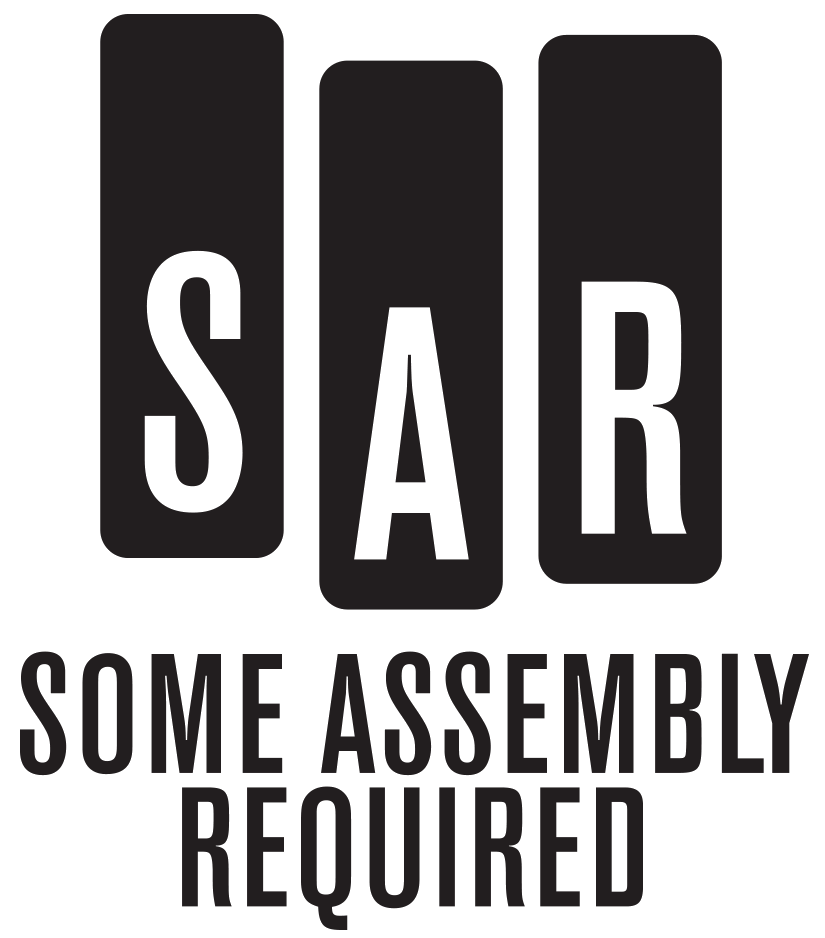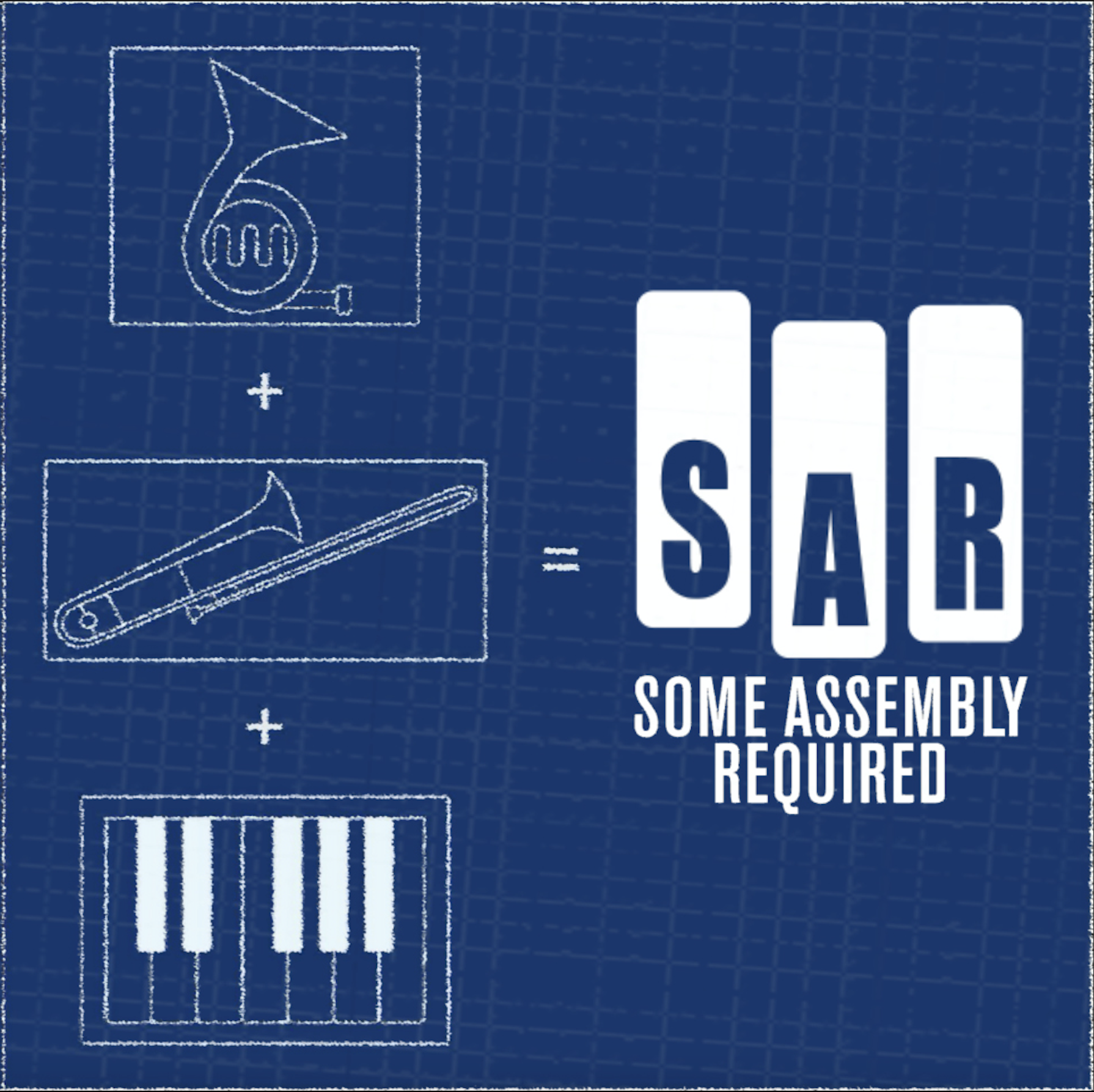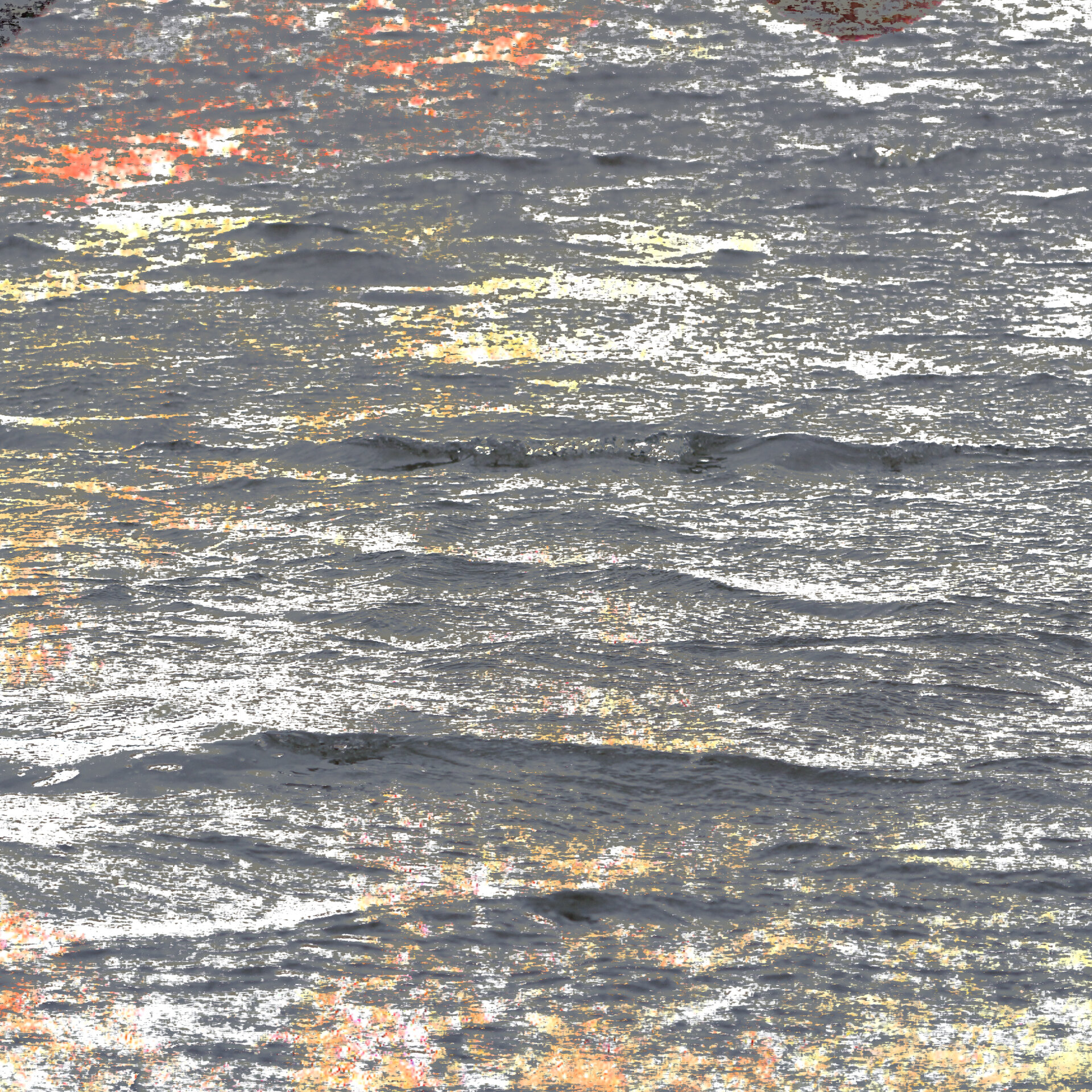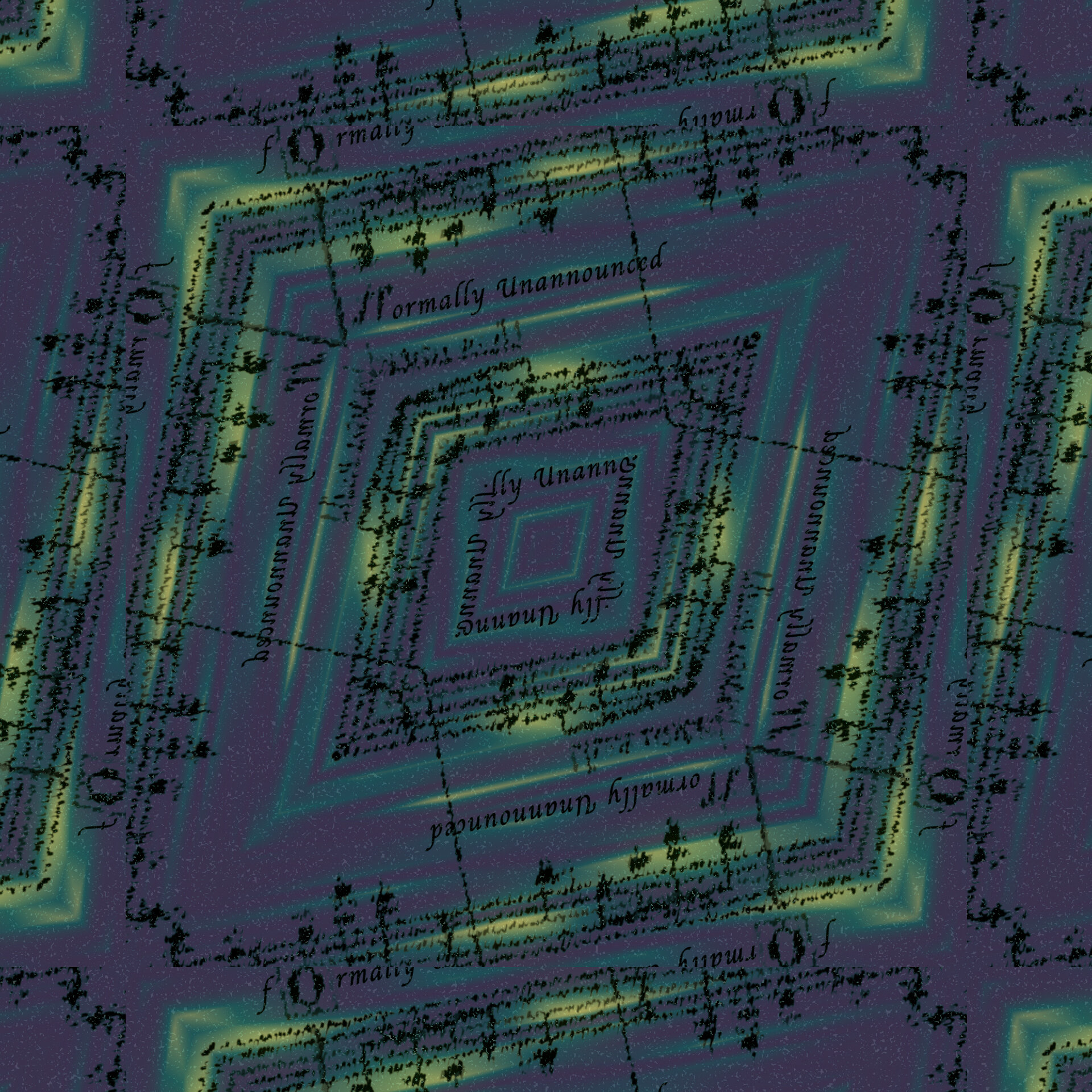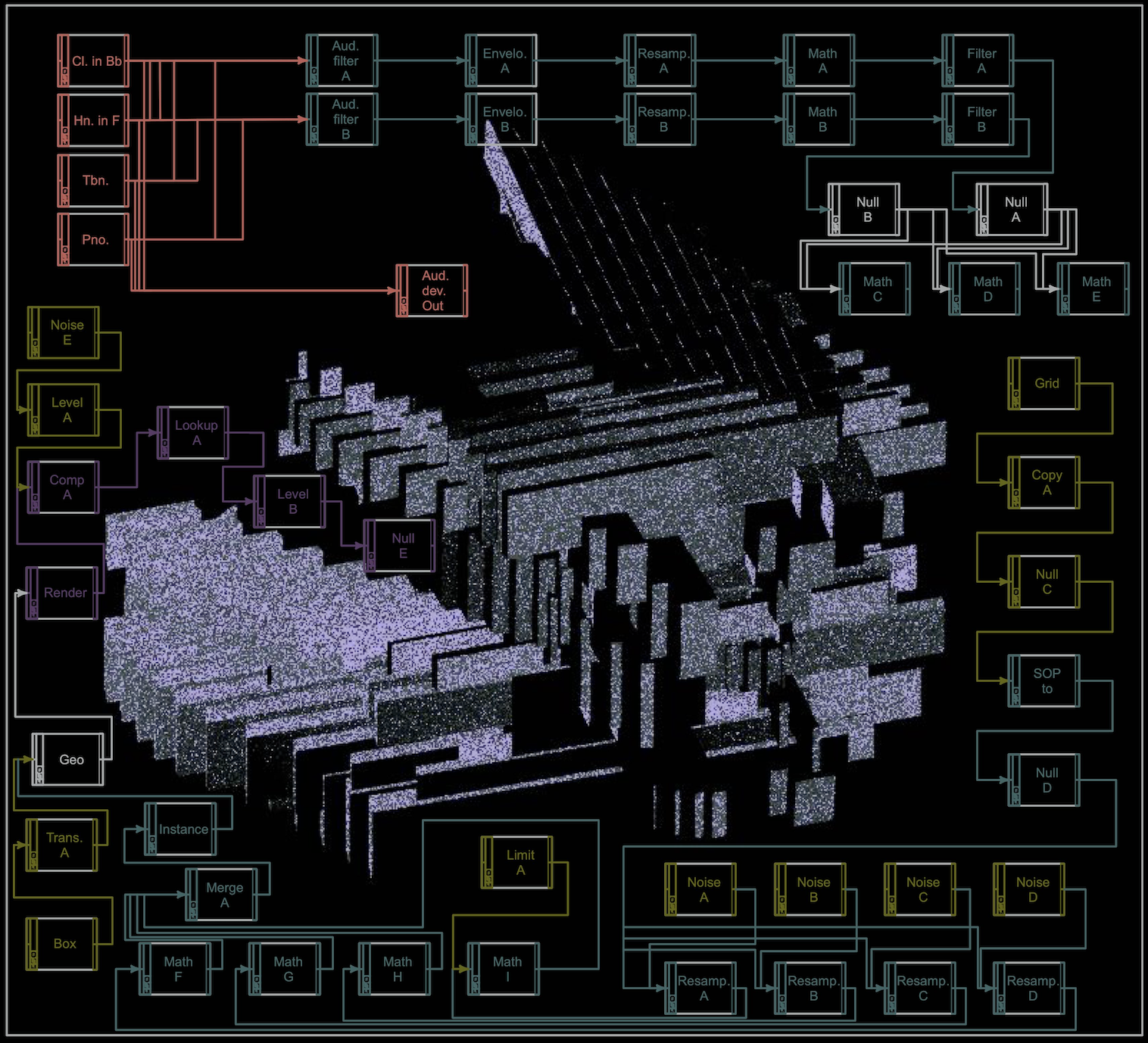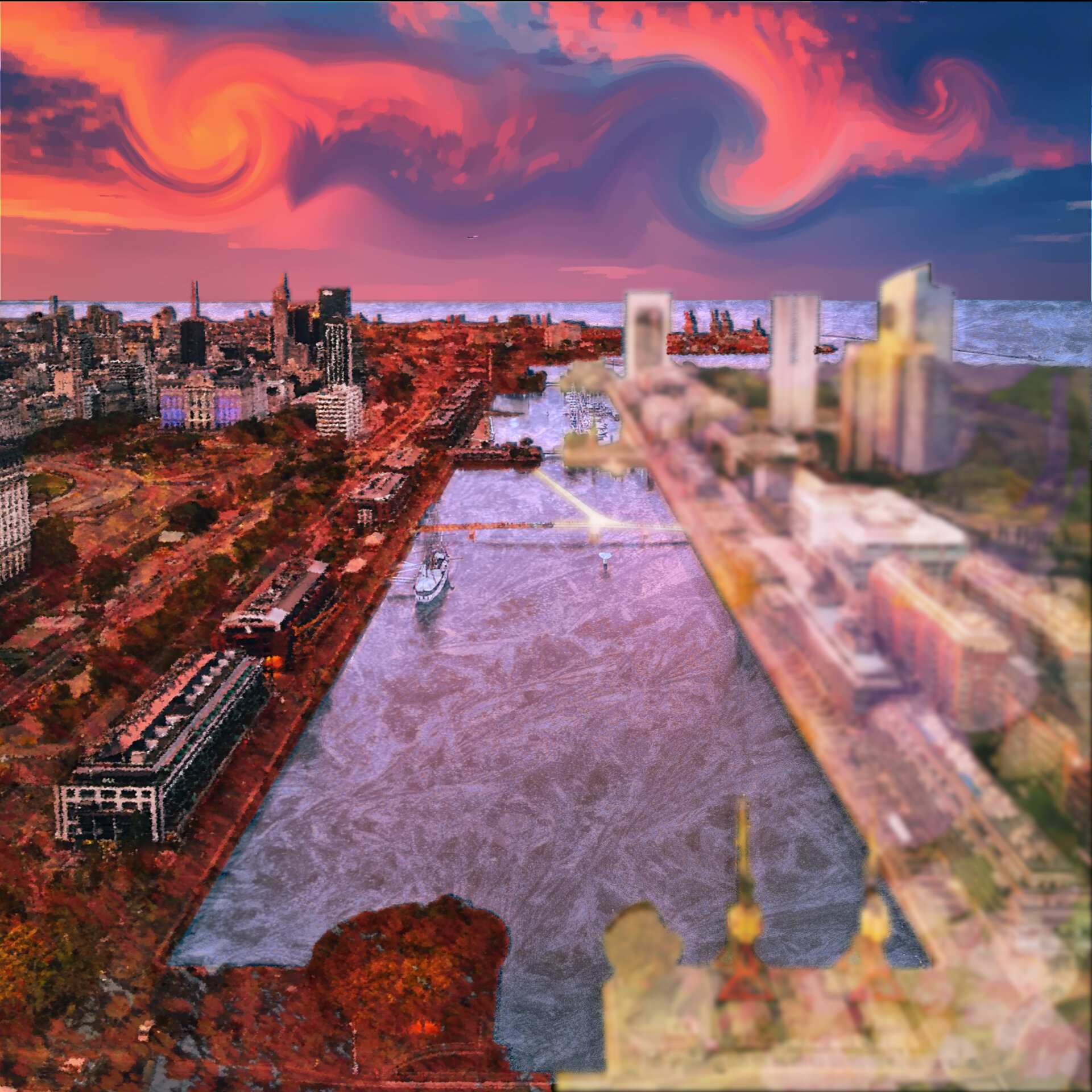DEBUT ALBUM
“Some Assembly Required” is available now! We collaborated with incredible people on this album, including composers Tyler Kline, Benjamin D. Whiting, Ian Wiese and Adam Schumaker, performers Wolcott Humphrey and Andrea Baker, recording engineer Joel Crawford, and artist Will Borich.
Salt Veins, Tyler Kline
horn, trombone, piano
Salt Veins, more or less, is a work about the ocean and the influence of the ocean on the land (and people) that it touches. In 2013, I moved from land-locked Kentucky to Tampa, FL for graduate school - a move that I expected to be a brief stop along my career path (as of writing this piece I’m still here) - and that change, both academically and geographically, has had a tremendous impact on my compositional work. This piece is a reflection on the geographic nature of that change.
The title of the work is drawn from a line in the Sturgill Simpson song Sea Stories:
“…Memories make forever stains
Still got salt running through my veins…”
While Simpson’s song is about being in the Navy (something I can’t relate to), I can relate to the feeling of having “salt in your veins” as a result of exposure to the ocean and its byproducts: I started composing this work shortly after experiencing my first major hurricane while living in Florida, and there are the countless days of humidity and very intense afternoon rainstorms in the summer.
The general texture of the piece is meant to imitate, and evoke the feeling of, ocean ways and spray. This is represented primarily in the way the piece builds itself from the beginning: a single pitch is repeated by all instruments, more pitches are added, and then some sections are repeated so that the music can be recontextualized upon repeat.
This bell-like, repeating-pitch gesture may be viewed as the primary “theme” of this work - a gestural theme as opposed to a melodic theme - but it is not the only kind of music heart throughout the composition. This primary gesture gives way to more lyrical passages in different sections, and by the piece’s end it is in a completely different context than the first part of the piece.
- Tyler Kline, 2017
“Salt Veins... is a jostling and rhythmic minimalist work that sustains the interest of the ear through shifting textures and unsuspecting harmonies... The ensemble has a beautifully expressive texture on this track, and all members, including Cholong Park on piano, are cohesive in their shifts in articulation and timbre. ”
Formally Unannounced, Benjamin D. Whiting
horn, trombone, piano, electronics
Check out this podcast to hear Benjamin talk about his piece.
“Formally Unannounced... opens with a mid-twentieth-century brass music feel, and then introduces an electronic element. The fixed media is derived from samples of the three acoustic musicians and adds humor, a beautiful otherworldliness, and occasionally some good-old-fashioned chaos. Throughout, one has the feeling of traveling back and forth in time as well as space, getting stuck in limbo, strange reveries, or inhospitable dimensions. Like and good sci-fi, the strangeness is thrilling but the startlingly familiar aspects drive the piece into the realms of greatness.”
Machinations I, Ian Wiese
clarinet, horn, trombone, piano
Machinations I is the first in a series of works set around the idea of small motifs developing over a long period of time, almost like individual processes working on a computer, even down to hierarchy of process. Some developments happen in the background and are mostly unnoticed; others are far more apparent and return at a far greater rate. Each process gets its own identity and becomes part of the larger piece as an important and necessary element.
- Ian Wiese
Click Here, Adam Schumaker
clarinet, bassoon, horn, trombone, piano
Check out this video to see Adam talk about his piece.
Four Seasons of Buenos Aires, Astor Piazzolla, Arr. SAR
horn, trombone, piano
Astor Piazzolla composed four tangos between 1965 and 1970, originally conceived as separate works. The tangos were scored for violin, piano, electric guitar, double bass and bandoneón. In the 1990s, Russian composer Leonid Desyatnikov arranged the four tangos in a more European three-part form. We used inspiration from both the Russian and more traditionally Argentinian versions of the tangos to come up with a brand new Four Seasons of Buenos Aires, starting with Spring and ending with Winter.
